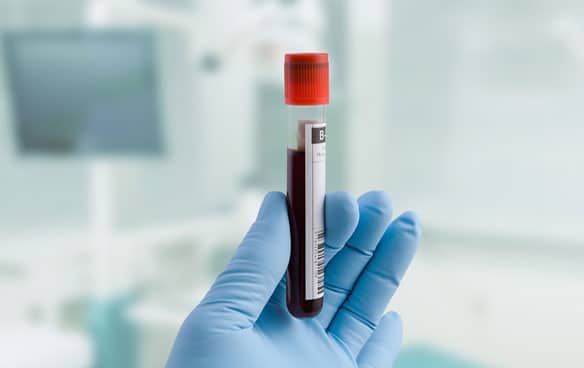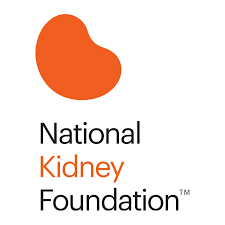Cedars-Sinai Patient Pioneers Successful Pediatric Use of Test Developed for Adults
“In many ways 19-year-old, Brenna Kahlen is a typical teenager. She is living at home in Newport Beach, working and going to college. But unlike most of her peers, Brenna is a now a medical first.
Brenna was born with a disease known as tuberous sclerosis, which affected her kidneys. At age 11, she had both kidneys surgically removed and was placed on dialysis until she could receive a donated kidney.
The transplant happened in 2013 and Brenna “has done extremely well,” said Dechu Puliyanda, MD Cedars-Sinai’s director of Pediatric Nephrology and Transplant Immunology, who oversees Brenna’s care”
Read the full story, here.






